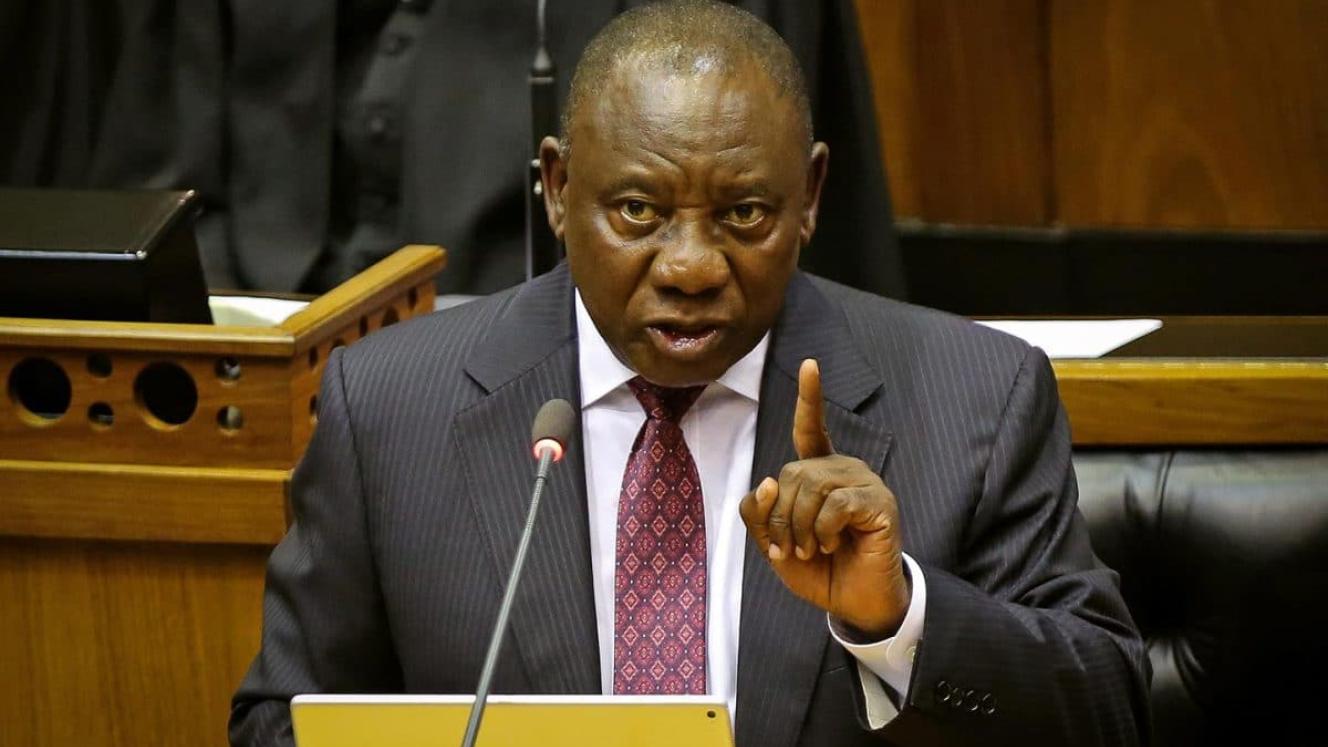Controlling migration is the responsibility of government and not private citizens who should not take part in “oppressive” apartheid-like practices, President Cyril Ramaphosa warned on Monday.
Writing in his weekly newsletter, Ramaphosa condemned xenophobia, likening it to Apartheid. This follows the unrest in Diepsloot, a township north of Johannesburg, which has left at least seven people dead in recent weeks. In the latest incident, 43-year-old Zimbabwean, Elvis Nyathi, was attacked and murdered by a mob in the township.
Ramaphosa said the recent “deeply disturbing” anti-foreigner incidents echoed the country’s apartheid past.
“We have seen people being stopped on the street by private citizens and being forced to produce identification to verify their immigration status. We have seen some political leaders making unscientific statements about immigrants to exploit people’s grievances for political gain,” he said.
Homes had been raided for evidence of criminal activity and people had been attacked and killed because of their appearances and accents.
“This was how the apartheid oppressors operated. They said some people could only live in certain areas, operate certain businesses, or take certain jobs. Under Apartheid, black people were deemed suspects by default and stopped by police when found in so-called white areas. Black people were forced to produce a dompas, and if they could not do so, they were jailed. We cannot allow such injustices to happen again,” Ramaphosa said.
He described the incidents in Diepsloot as a “tragedy”.
“In the course of a single weekend, seven people were killed, sparking protests. This loss of life is deplorable, as is the killing of a fellow African from Zimbabwe, allegedly at the hands of vigilantes,” he said.
“Crime, not migrants, is the common enemy we must work together to defeat. We cannot defeat crime through incitement, violence, intimidation and vigilantism aimed at foreign nationals.” He said there was no justification for people taking the law into their own hands.
“We recognise that illegal migration poses a risk to South Africa’s security, stability and economic progress. Illegal migration affects service delivery and places additional burdens on essential services such as health care and education,” Ramaphosa added.
But controlling migration is the responsibility of government and no private citizen may assume the role of immigration or law enforcement authorities by demanding that foreign nationals produce identification. “Under Section 41 of the Immigration Act, only a police member or immigration officer can ask someone to identify themselves as a citizen, permanent resident or foreign national.”
He said government was working to ensure that syndicates perpetrating immigration fraud in collusion with corrupt officials were brought to book. “This year alone several people implicated in passport fraud have been arrested. No private citizen or group has the right to enter businesses and demand its owners produce proof that their businesses are registered or legal. This is the competence of municipal, provincial or national authorities.”













